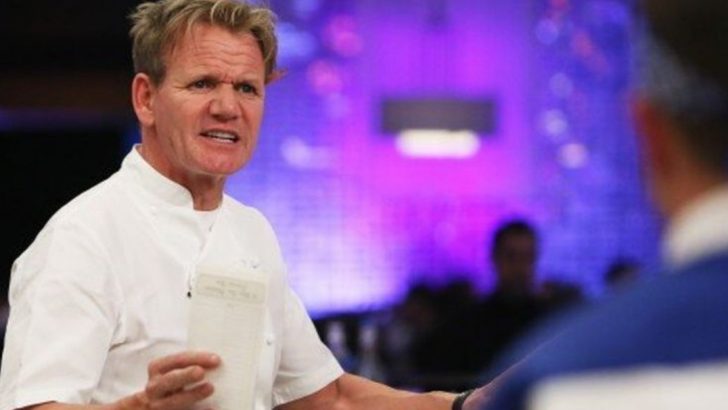Ever wonder what foods make professional chefs turn up their noses? Even culinary experts have their limits! Some chefs simply avoid certain ingredients for personal reasons, while others believe some foods should be universally banned.
Let’s peek into the kitchens of 18 famous chefs and discover which foods they absolutely refuse to touch.
1. Gordon Ramsay Despises Airplane Food
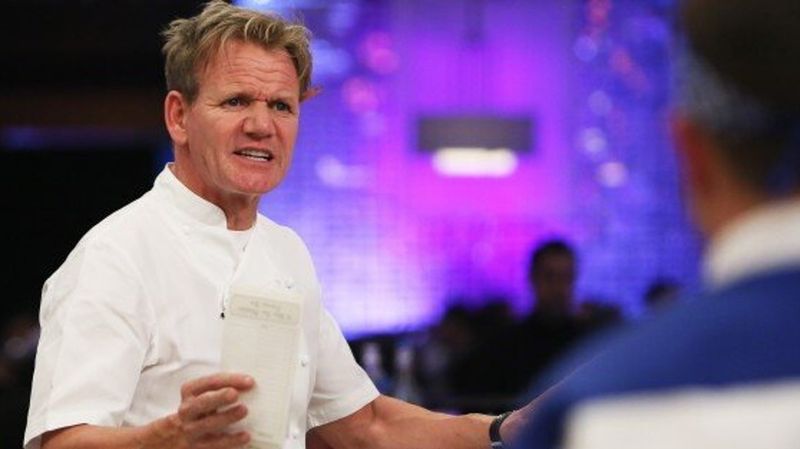
The fiery British chef won’t touch airline meals with a ten-foot pole. After years working as an airline consultant, Ramsay knows too much about how these meals are prepared.
Did you know most airplane food is made 10 hours before flights? The reheating process zaps any remaining flavor. Gordon now brings his own snacks when flying!
2. Anthony Bourdain Refused Processed Cheese
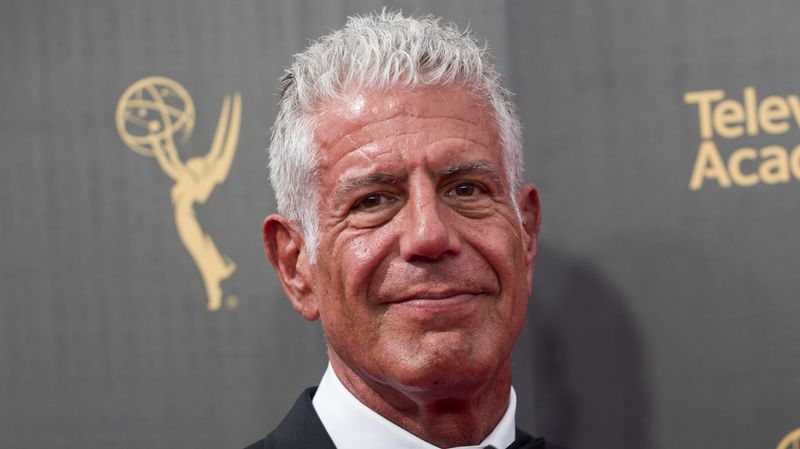
The late culinary explorer couldn’t stand American processed cheese. He once called it “an affront to cheese everywhere” in his trademark blunt style.
Bourdain preferred authentic cheeses with character and history. Why settle for fake orange slabs when real cheese offers complex flavors? His hatred for processed cheese became almost as famous as his love for street food.
3. Jamie Oliver Campaigns Against Chicken Nuggets
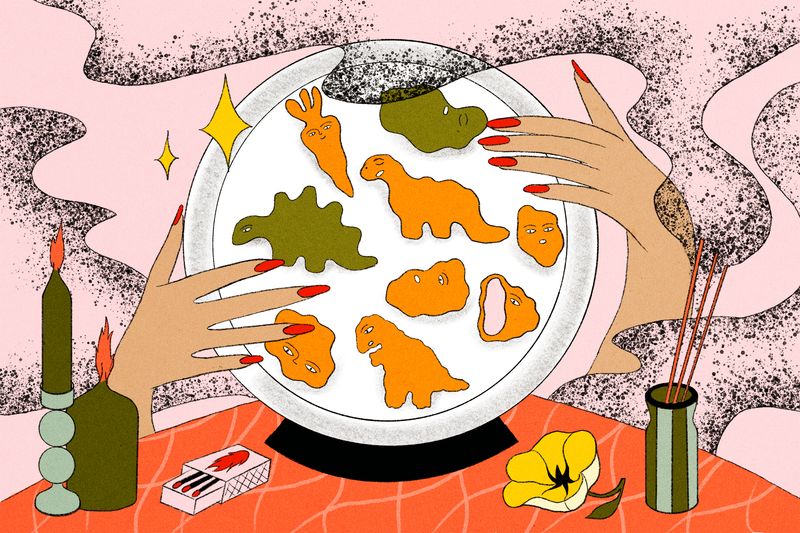
The British health food advocate famously showed children how chicken nuggets are made. His demonstration revealed the unappetizing truth: mechanically separated meat and filler ingredients.
Oliver’s food revolution aims to improve school lunches worldwide. Have you seen his viral video? Many kids still wanted nuggets even after seeing the gross production process!
4. Ina Garten Avoids Cilantro Completely
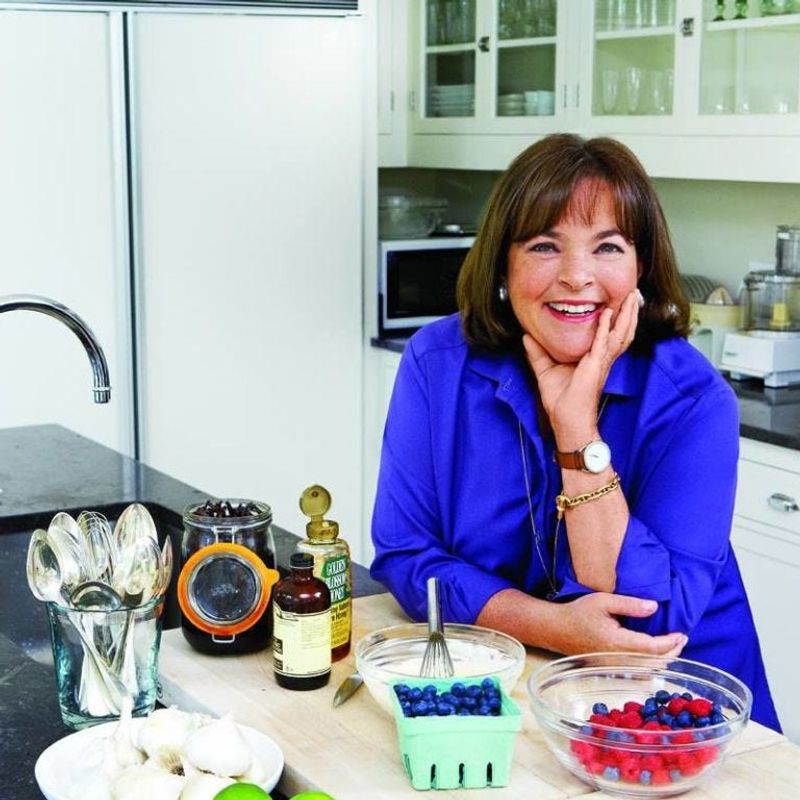
The Barefoot Contessa has a genetic aversion to cilantro. For Garten and roughly 14% of people, cilantro tastes like soap due to a specific gene variant.
You’ll never find this herb in her elegant recipes. Interestingly, Julia Child shared this same aversion! Garten substitutes parsley or basil when recipes call for cilantro’s fresh flavor.
5. Giada De Laurentiis Won’t Touch Coconut
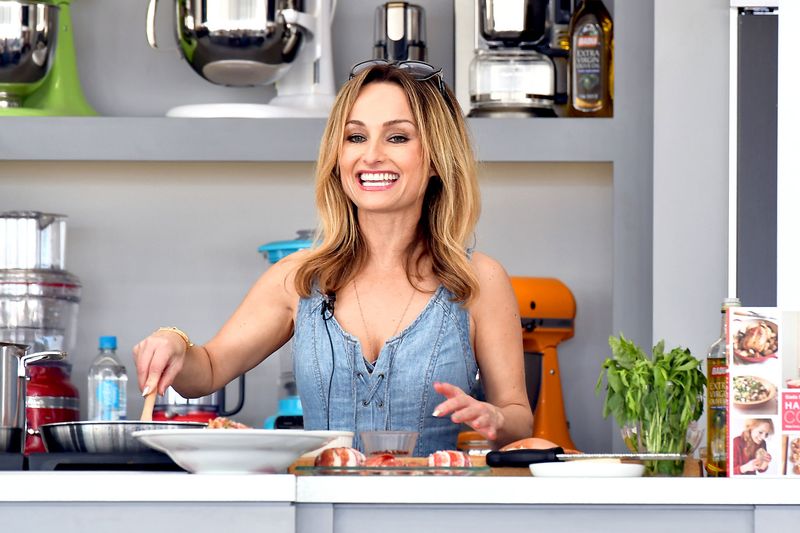
The Italian-American chef has admitted coconut is her food nemesis. Despite its popularity in desserts and tropical dishes, she can’t stand the texture or flavor.
Giada avoids coconut in all forms – milk, flakes, or fresh. Ever noticed it never appears in her recipes? This aversion stands out because she typically embraces most ingredients with enthusiasm.
6. Alton Brown Refuses To Eat Truffle Oil

The food science guru calls truffle oil a “hideous” ingredient. Most commercial versions contain synthetic chemicals rather than real truffles.
Brown can instantly detect the artificial flavor. “It’s not food!” he once declared. The chemical 2,4-dithiapentane creates that distinctive aroma, but Brown believes it ruins dishes rather than enhances them.
7. Alice Waters Boycotts Out-Of-Season Produce
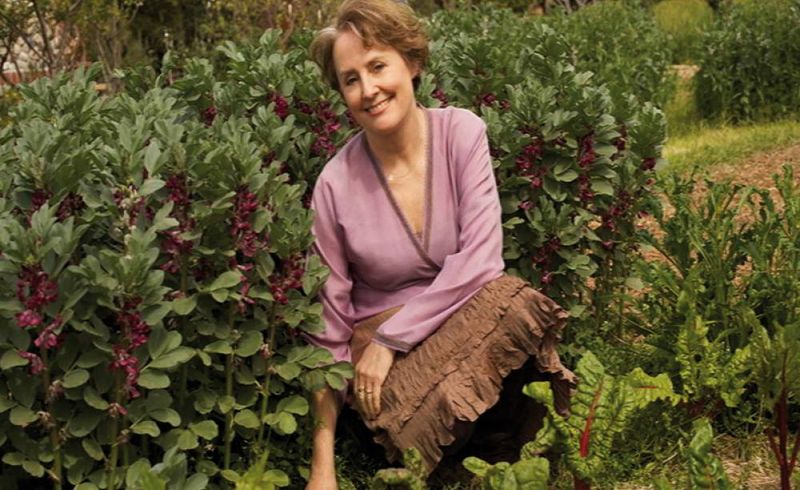
The farm-to-table pioneer refuses tomatoes in winter. Waters founded the sustainable food movement and only cooks with local, seasonal ingredients.
Would you eat a pale January tomato shipped from thousands of miles away? Waters believes we should adjust our eating habits to nature’s cycles. Her Berkeley restaurant, Chez Panisse, changes its menu daily based on what local farmers harvest.
8. David Chang Detests Fancy Room Service
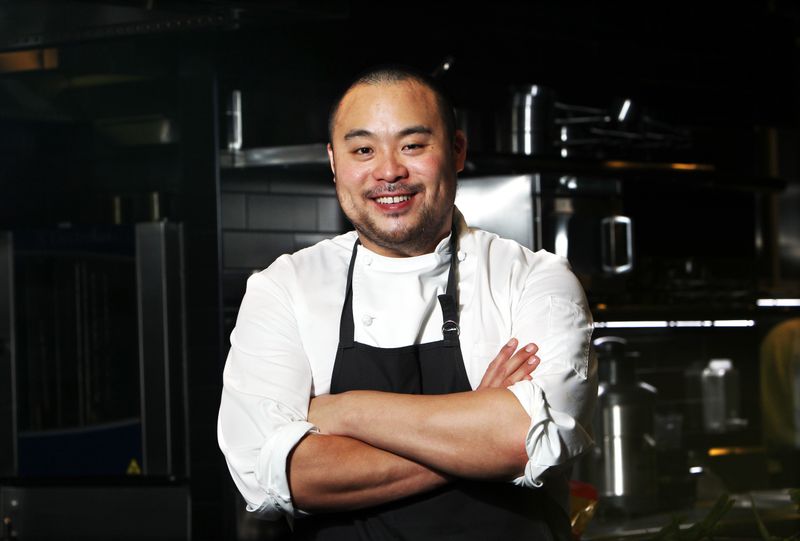
The Momofuku founder avoids upscale hotel room service. Chang believes these overpriced meals represent everything wrong with fine dining – pretentious presentation masking mediocre food.
Room service often sits under heat lamps for ages. Chang prefers authentic street food with bold flavors.
9. Bobby Flay Can’t Stand Green Bell Peppers
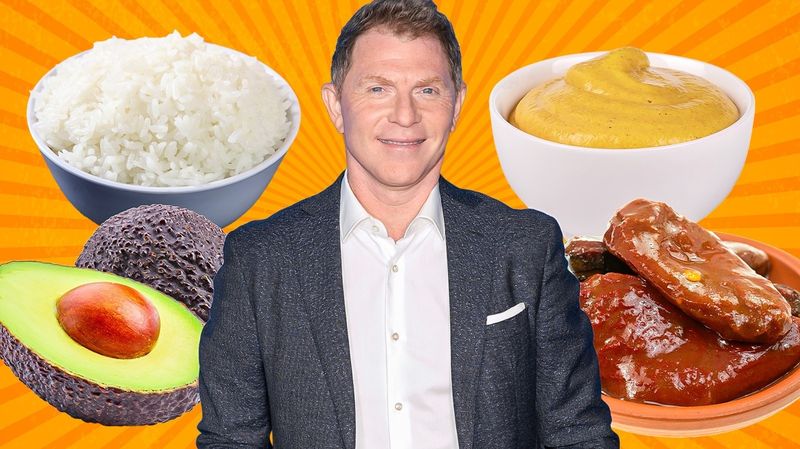
The grilling master has one surprising food nemesis: green bell peppers. Flay finds their bitter, unripe flavor overwhelming and avoids them completely.
Red, yellow, and orange peppers get his approval. These fully ripened versions develop sweeter profiles.
10. José Andrés Warns Against Factory-Farmed Meat
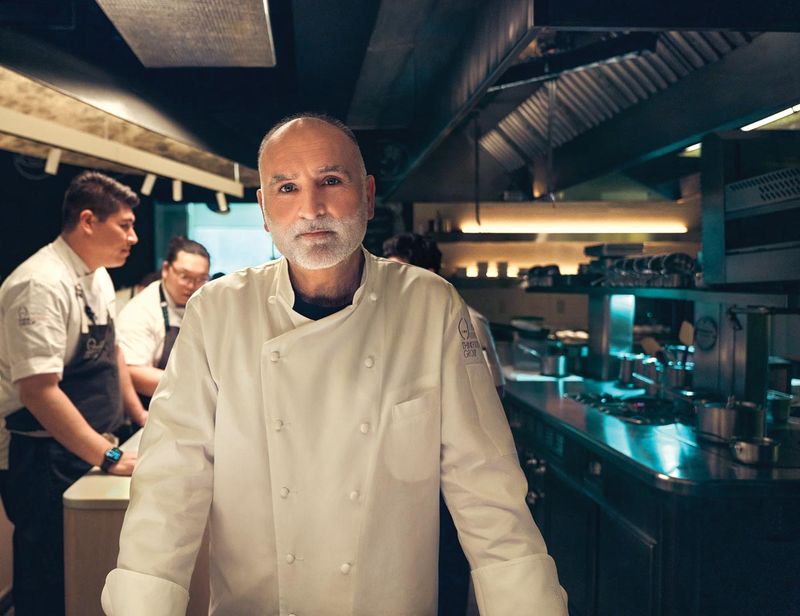
The humanitarian chef advocates against industrial meat production. Andrés believes factory farming damages our environment, animal welfare, and ultimately human health.
His restaurants prioritize sustainably raised proteins. Did you know he reduced meat portions in his menus? Andrés argues quality matters more than quantity.
11. Marion Nestle Cautions About Ultra-Processed Foods
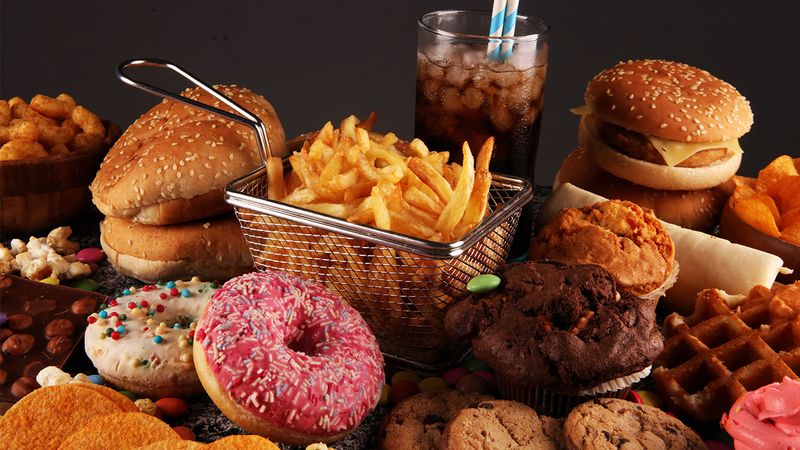
The nutrition professor warns that highly processed foods harm public health. Nestle’s research shows these products drive obesity and chronic disease epidemics worldwide.
Can you identify ultra-processed foods? They typically contain five or more industrial ingredients. Nestle recommends choosing foods with ingredient lists short enough that your grandmother would recognize them all.
12. Michael Pollan Campaigns Against High-Fructose Corn Syrup
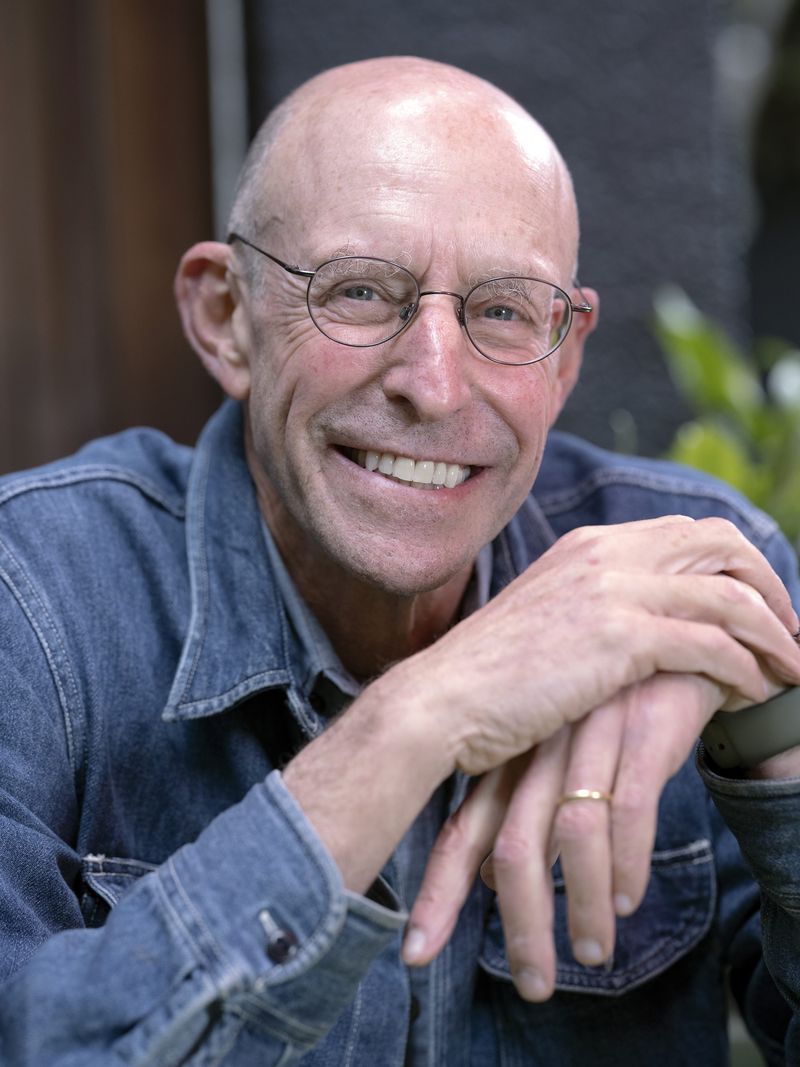
The food writer believes this industrial sweetener epitomizes everything wrong with modern food systems. Pollan’s famous advice—”Eat food, not too much, mostly plants”—specifically excludes products containing HFCS.
Did you know HFCS appears in unexpected products like bread?
13. Mark Bittman Rejects Factory-Farmed Eggs
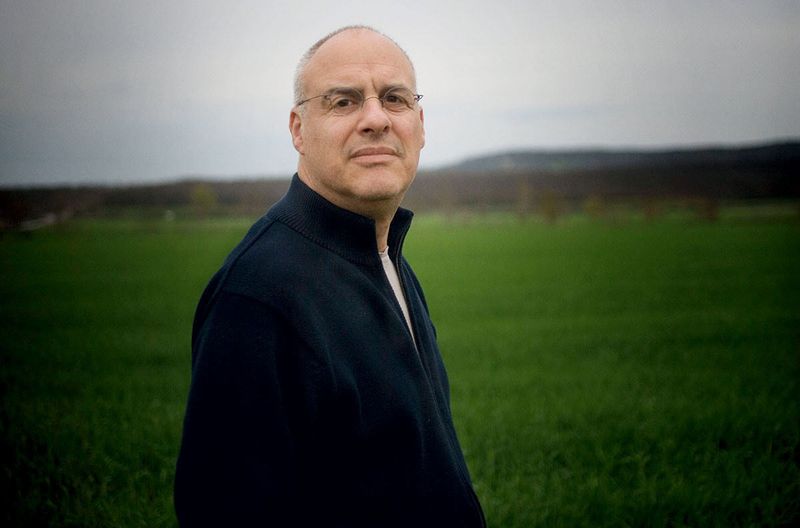
The cookbook author refuses eggs from conventional factory farms. Bittman believes these production methods are cruel to hens and produce inferior eggs.
Bittman advocates for paying more for ethically produced eggs, arguing better flavor and nutrition justify the higher cost.
14. Dan Barber Opposes Mono-Crop Agriculture
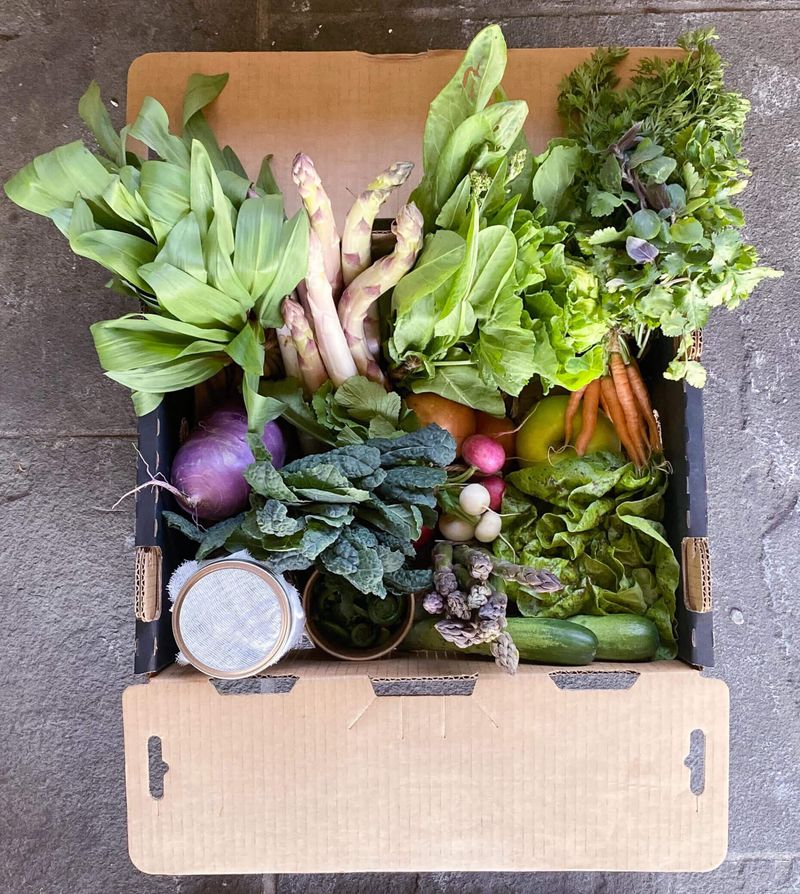
The farm-to-table pioneer believes industrial monoculture farming damages ecosystems and produces less nutritious food. Barber’s Blue Hill restaurants showcase the alternative: diverse, regenerative farming.
Barber argues agricultural diversity creates better flavor and nutrition. His seed company works to recover forgotten crop varieties.
15. Kenji López-Alt Avoids Farm-Raised Salmon
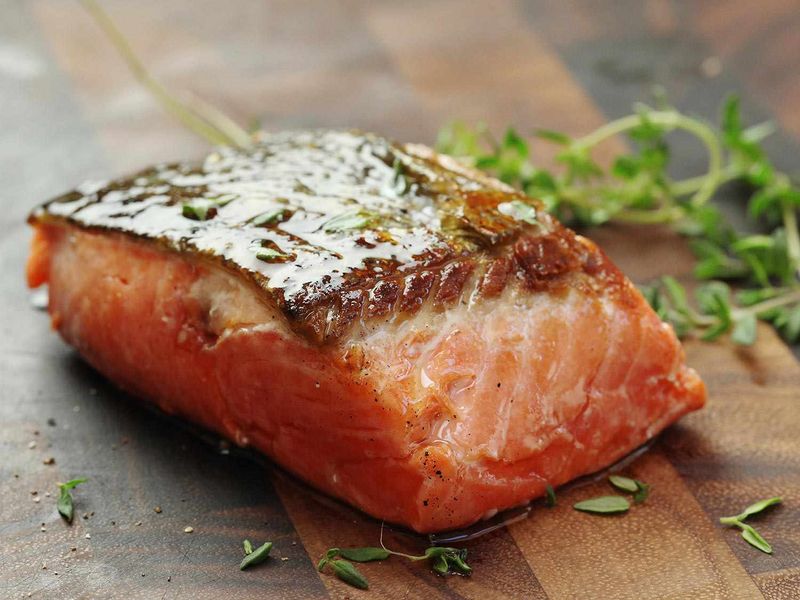
The food science expert prefers wild-caught salmon for both environmental and flavor reasons. López-Alt explains that farmed salmon’s diet affects its fat composition and taste profile.
Wild salmon gets its distinctive color from natural diet. Many farms add artificial coloring to replicate this!
16. Nina Planck Warns Against Artificial Sweeteners
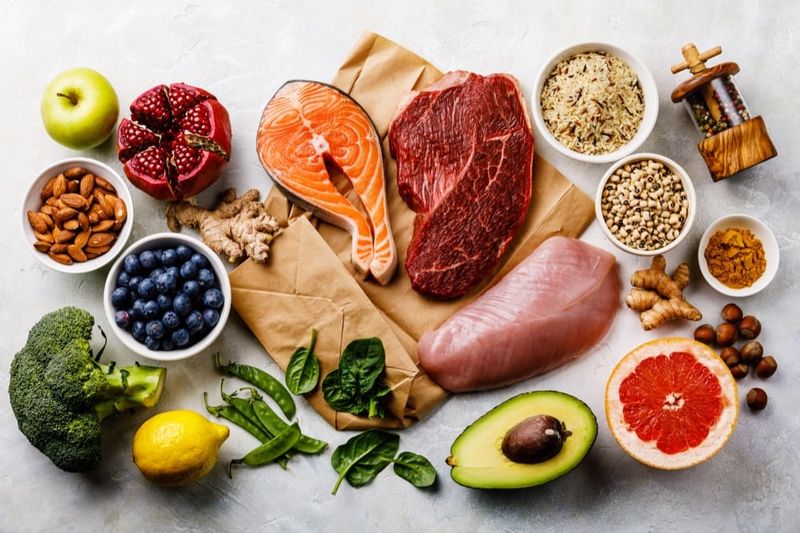
The real food advocate believes artificial sweeteners may harm gut health and metabolism. Planck argues our bodies evolved to process natural foods, not lab-created substitutes.
Research shows sweeteners can alter gut bacteria. Planck recommends small amounts of natural sweeteners instead. Her philosophy: better to enjoy a little real sugar than chemical alternatives.
17. Tom Colicchio Fights Against GMO Foods
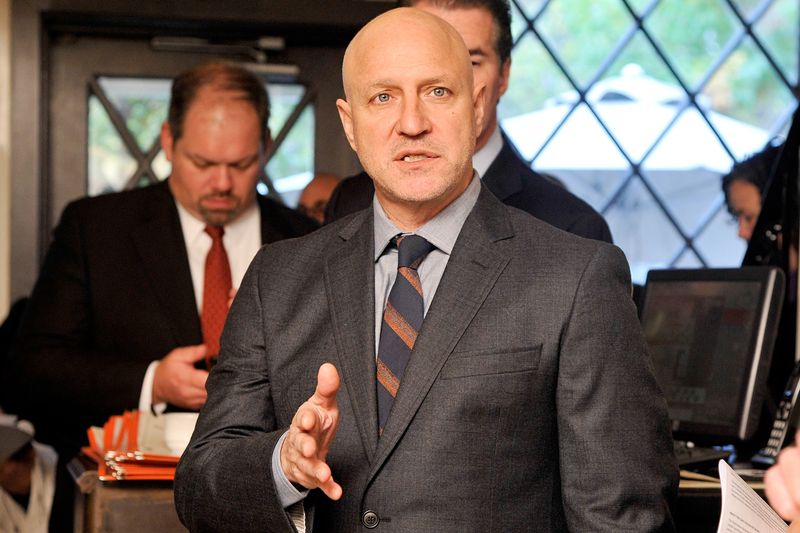
The Top Chef judge advocates for GMO labeling and transparency. Colicchio believes consumers deserve to know what’s in their food and how it was produced.
His restaurants prioritize non-GMO ingredients. Did you know Colicchio has testified before Congress on food policy issues? He argues corporate interests shouldn’t outweigh consumer rights to information about genetic modification in foods.
18. Yotam Ottolenghi Shuns Factory-Produced Bread
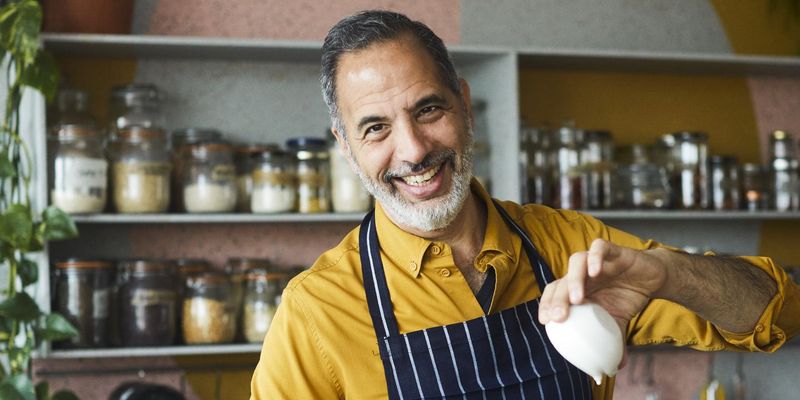
The vegetable-forward chef avoids mass-produced bread with artificial preservatives. Ottolenghi believes proper bread requires only flour, water, salt, and time.
Did you know commercial bread often contains dozens of ingredients? Ottolenghi’s restaurants serve naturally fermented sourdough.

